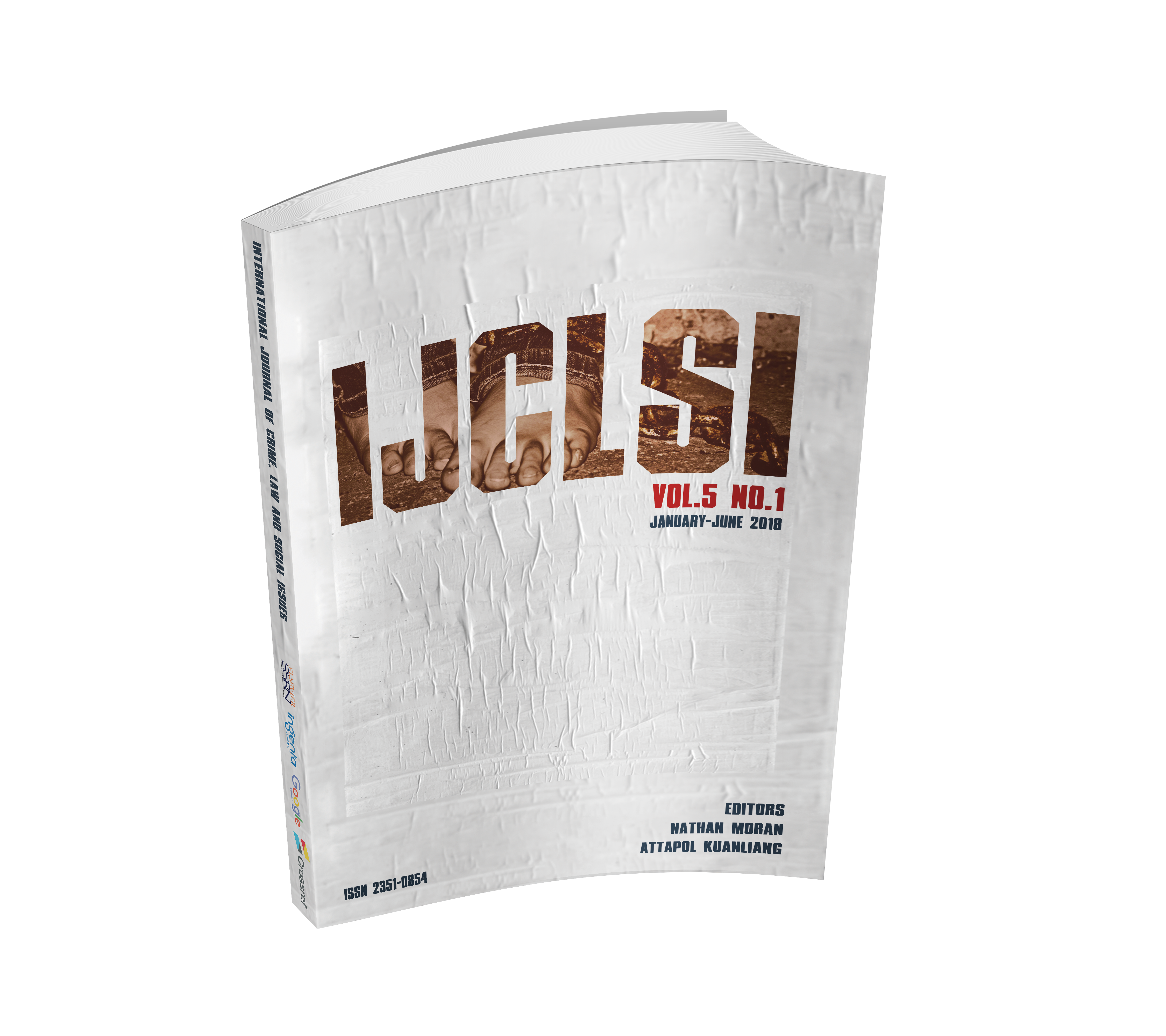Participatory Budgeting: The Knowledge Premises and the Application to Thai Local Governance
Keywords:
Participatory Budgeting, Thai Local GovernanceAbstract
The objectives of this research were, to Meta-synthesize the knowledge premises of the participatory budgeting; to investigate elements reinforcing the success of people participation same, and thirdly to recommend approaches appropriating the concept of the participatory budgeting to be implemented in organizing the Thai local governance. A qualitative method was applied to synthesize research works, methodologies, theories, data and field work from five local government organizations. Interviews were also conducted with the central administration personnel the local government specialists and 32 key informants, three focus groups and non-participatory observations. The results revealed the knowledge premises of the participatory budgeting originated in Brazil - a concept offering opportunities for people to participate in decision-making and spending monetary resources. Secondly, the elements reinforcing the success of people participation were the geographic contexts, attributes of people, opportunities offered by laws, the local leaders, common ownership creation, auditability, good governance approach, public relations, information provisions, trust of people, confidence and faith in the management of the local government organization, gaining utilities, responsive to problems, having diverse stages and channels to access information and the vigor of the civil sector. Thirdly, the approaches in appropriating the concept of participatory budgeting to be implemented in organizing the Thai local government involve, the government enacting either laws or rules or ministerial announcements, the local government organizations should orchestrate facilities and monitor ways to welcome people participation, the civil sector has to be enthusiastic, tax money should be spent with efficiency, the NGOs mediate between the local government and the people, and finally, the civil societies (CSOs) should avail opportunities to create networks both from social and political supporters.
Downloads











.png)


